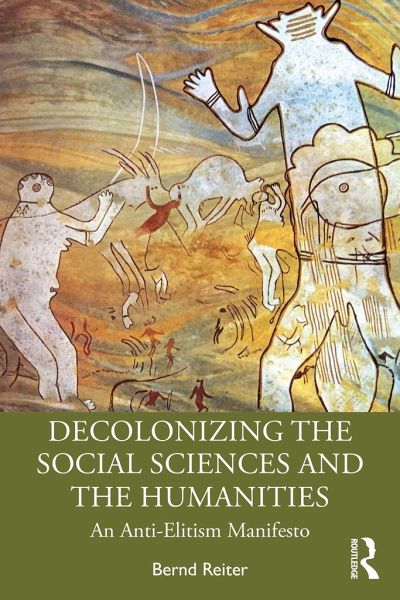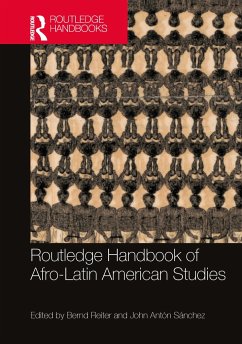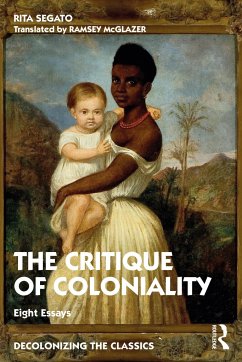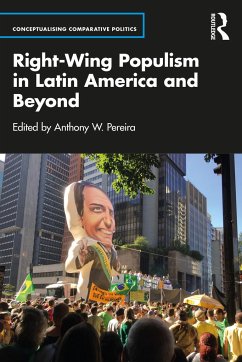
Decolonizing the Social Sciences and the Humanities
An Anti-Elitism Manifesto
Versandkostenfrei!
Versandfertig in 6-10 Tagen
42,99 €
inkl. MwSt.
Weitere Ausgaben:

PAYBACK Punkte
21 °P sammeln!
In Decolonizing the Social Sciences and the Humanities Bernd Reiter contributes to the ongoing efforts to decolonize the social sciences and humanities, by arguing that true decolonization implies a liberation from the elite culture that Western civilization has perpetually promoted.Reiter brings together lessons learned from field research on a Colombian indigenous society, a maroon society, also in Colombia, from Afro-Brazilian religion, from Spanish Anarchism, and from German Council democracy, and from analyzing non-Western ontologies and epistemologies in general. He claims that once thes...
In Decolonizing the Social Sciences and the Humanities Bernd Reiter contributes to the ongoing efforts to decolonize the social sciences and humanities, by arguing that true decolonization implies a liberation from the elite culture that Western civilization has perpetually promoted.
Reiter brings together lessons learned from field research on a Colombian indigenous society, a maroon society, also in Colombia, from Afro-Brazilian religion, from Spanish Anarchism, and from German Council democracy, and from analyzing non-Western ontologies and epistemologies in general. He claims that once these lessons are absorbed, it becomes clear that Western civilization has advanced individualization and elitism. The chapters present the case that human beings are able to rule themselves, and have done so for some 300,000 years, before the Neolithic Revolution. Self-rule and rule by councils is our default option once we rid ourselves of leaders and rulers. Reiter concludes by considering the massive manipulations and the heinous divisions that political elitism, dressed in the form of representative democracy, has brought us, and implores us to seek true freedom and democracy by liberating ourselves from political elites and taking on political responsibilities.
Decolonizing the Social Sciences and the Humanities is written for students, scholars, and social justice activists across cultural anthropology, sociology, geography, Latin American Studies, Africana Studies, and political science.
Reiter brings together lessons learned from field research on a Colombian indigenous society, a maroon society, also in Colombia, from Afro-Brazilian religion, from Spanish Anarchism, and from German Council democracy, and from analyzing non-Western ontologies and epistemologies in general. He claims that once these lessons are absorbed, it becomes clear that Western civilization has advanced individualization and elitism. The chapters present the case that human beings are able to rule themselves, and have done so for some 300,000 years, before the Neolithic Revolution. Self-rule and rule by councils is our default option once we rid ourselves of leaders and rulers. Reiter concludes by considering the massive manipulations and the heinous divisions that political elitism, dressed in the form of representative democracy, has brought us, and implores us to seek true freedom and democracy by liberating ourselves from political elites and taking on political responsibilities.
Decolonizing the Social Sciences and the Humanities is written for students, scholars, and social justice activists across cultural anthropology, sociology, geography, Latin American Studies, Africana Studies, and political science.














